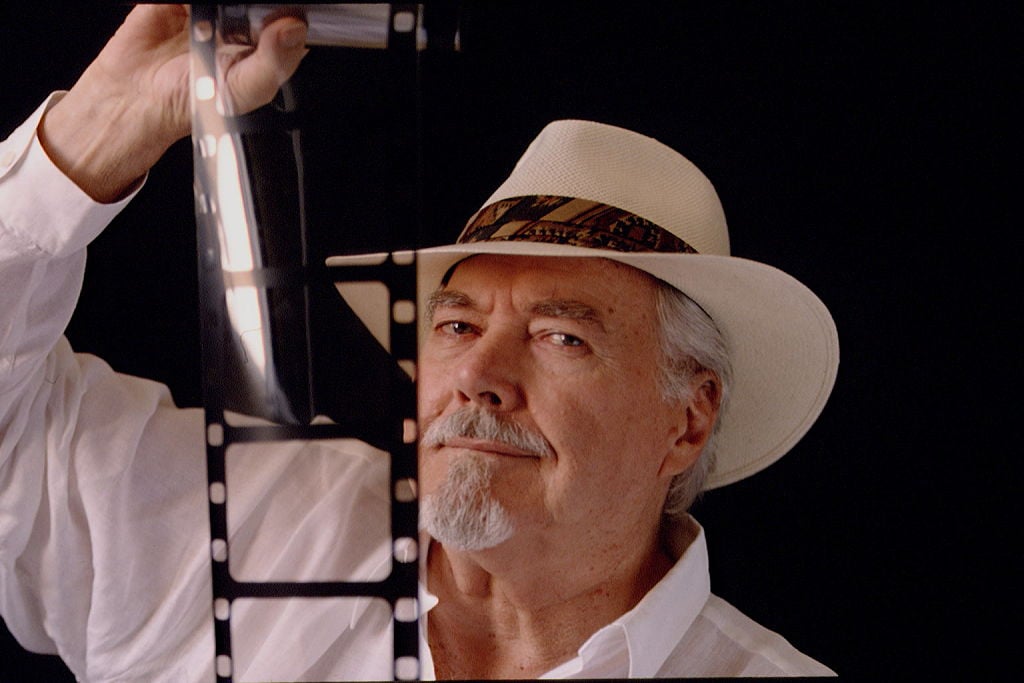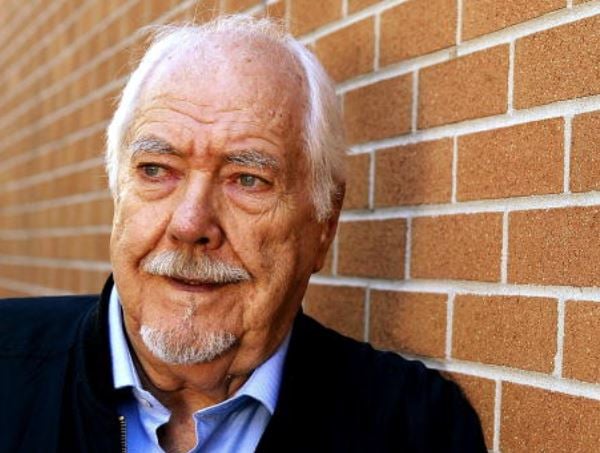What is Robert Altman's Net Worth?
Robert Altman was an American filmmaker with a net worth of $60 million at the time of his death in 2006. A pioneering figure of the New Hollywood era, Altman was renowned for his unique style, which included using large ensemble casts, overlapping dialogue, and mobile camerawork. He directed acclaimed films such as "M*A*S*H," "McCabe & Mrs. Miller," "Nashville," "The Player," and "Gosford Park." Throughout his career, Altman earned five Academy Award nominations for Best Director and received an Academy Honorary Award in 2006.
Early Life and Education
Robert Altman was born on February 20, 1925, in Kansas City, Missouri to Helen, a Mayflower descendant, and Bernard, a wealthy insurance salesman. Raised Catholic, he attended Jesuit schools including Rockhurst High School and later Wentworth Military Academy in Lexington, Missouri, graduating in 1943.
Career Beginnings
After graduating from military school, Altman joined the US Army Air Forces during World War II as a co-pilot of a B-24 Liberator with the 307th Bomb Group. After flying over 50 bombing missions, he was honorably discharged in 1947. Moving to California, Altman co-wrote the story for the RKO film noir "Bodyguard." Encouraged by this success, he moved to New York City to pursue writing full-time but struggled initially. He returned to Kansas City and directed industrial films for the Calvin Company while also directing plays at the Resident Theatre of the Jewish Community Center.
Television Directing
In the early 1950s, Altman began directing episodes of television programs. His initial credits include the DuMont drama series "Pulse of the City." He directed episodes of "The Sheriff of Cochise" and "Alfred Hitchcock Presents." Over the years, Altman directed episodes of popular series like "Whirlybirds," "The Millionaire," "The Roaring 20s," "Bonanza," "Combat!," and "Maverick." In 1964, he directed the television film "Nightmare in Chicago." Throughout his career, he directed other television films including "2 by South," "The Laundromat," and "The Caine Mutiny Court-Martial," and won an Emmy for the political mockumentary miniseries "Tanner '88."

Robert Altman (Photo by Micheline Pelletier/Sygma via Getty Images)
Film Directing, 1957-1979
Altman made his directorial debut with the 1957 teen drama "The Delinquents." His critical and commercial breakthrough came with the 1970 release of the satirical war film "M*A*S*H," based on a Korean War novel. The film won the top prize at the Cannes Film Festival, earned five Academy Award nominations, and was the third-highest-grossing film of the year. It also inspired a popular television series. Altman continued with the black comedy "Brewster McCloud" (1970) and the revisionist Western "McCabe & Mrs. Miller" (1971). Other notable films from this period include "Images" (1972), "The Long Goodbye" (1973), "Thieves Like Us" (1974), and "California Split" (1974).
In 1975, Altman achieved another critical success with the satirical musical dramedy "Nashville." The film received five Academy Award nominations and featured numerous intertwining storylines. His later films in the decade included "Buffalo Bill and the Indians, or Sitting Bull's History Lesson" (1976), "3 Women" (1977), and the satirical dramedy "A Wedding" (1978). Despite commercial failures like "Quintet" (1979) and "A Perfect Couple" (1979), Altman firmly established himself as a leading figure in the New Hollywood era.

Getty
Film Directing, 1980-2006
Altman began the 1980s with "Health" and "Popeye." Although "Popeye" aimed to boost Altman's commercial appeal, it faced production issues and modest box office performance. He returned to television and theater, then directed "Come Back to the 5 & Dime, Jimmy Dean, Jimmy Dean" (1982). His next film, "Streamers" (1983), adapted from David Rabe's play, and he continued with adaptations like "Secret Honor" (1984), "Fool for Love" (1985), and "Beyond Therapy" (1987).
The 1990s began with "Vincent & Theo," a biographical drama about Vincent van Gogh, followed by "The Player" (1992), which was seen as a comeback for Altman and garnered three Academy Award nominations. He achieved further acclaim with "Short Cuts" (1993), winning the Golden Lion at Venice. Subsequent films like "Prêt-à-Porter" (1994), "Kansas City" (1996), and "The Gingerbread Man" (1998) saw mixed success. However, "Cookie’s Fortune" (1999) was well-received. Altman ended his career with films including "Dr. T & the Women" (2000), "Gosford Park" (2001)—earning seven Academy Award nominations including Best Director—"The Company" (2003), and "A Prairie Home Companion" (2006).
Personal Life and Death
Altman was married three times. He married LaVonne Elmer in 1946, and they had one daughter, Christine, before divorcing in 1951. His second marriage to Lotus Corelli in 1954 ended in 1957 after they had two sons, Michael and Stephen. In 1959, he married actress Kathryn Reed, with whom he had two sons, Robert and Matthew. They remained married until his death.
On November 20, 2006, Altman passed away from leukemia at the age of 81. His personal archives were donated to the University of Michigan. A documentary film about his life, directed by Ron Mann, was released in 2014.








